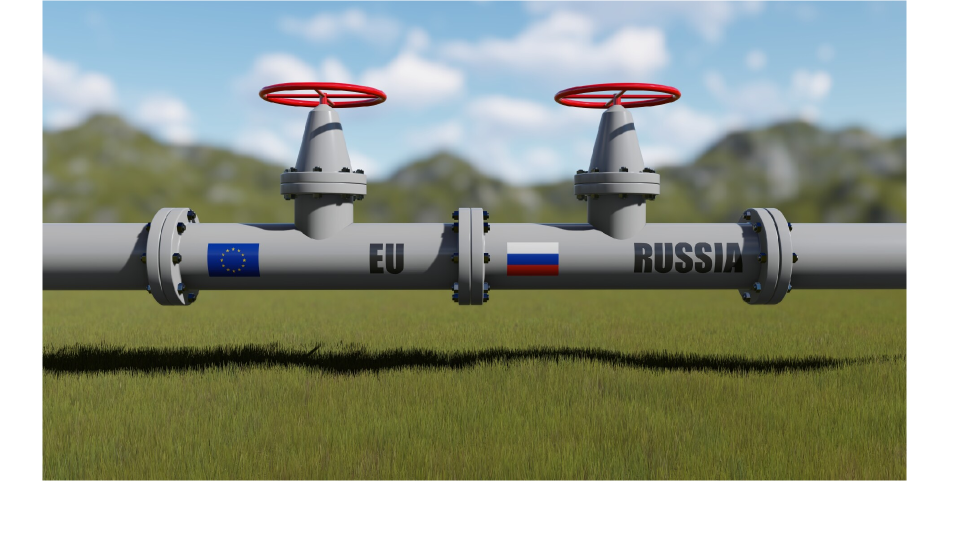- No More Deals on Russian Gas Transit via Ukraine – Reuters Reported
Europe is set to exit the winter heating season with another record-high level of natural gas inventories, which could spare the EU price spikes and another energy crisis next winter, according to analysts.
As of March 25, a week before the end of the major gas withdrawal season on March 31, EU gas storage sites were 59% full, per data from Gas Infrastructure Europe.
Although the volume of 100% full storage sites accounts for only about a quarter of EU consumption during the winter, the high stock levels at the start of the refill season in April would make it easier for Europe to reach in advance, again, its target to have capacity 90% full by November 1.
This year, however, could be the last for Russian pipeline supply via Ukraine as the multi-year transit deal ends on December 31. Both Ukraine and the EU have signalled they wouldn’t extend the transit agreement, which puts some central European EU members such as Austria and Slovakia in the most vulnerable position for gas supply.
Austrian Energy Minister Leonore Gewessler said last month that the country is looking to reduce its dependence on Moscow, including by seeking to end a long-term deal that Austria-based energy giant OMV has with Gazprom.
“Our goal is: Ditch Russian natural gas. As a sovereign country, we cannot accept this dependence – the share of gas imports from Russia is increasing instead of decreasing,” Gewessler said.
Thanks to full storage ahead of the 2023/2024 winter, milder weather, and steady inflow of LNG, European benchmark natural gas prices slumped in February to a three-year low—below the levels from before the Russian invasion of Ukraine in February 2022.
Gas prices in Europe could plunge as low as $6.70 per million British thermal units (MMBtu) this summer thanks to a mild winter and ample gas inventories, Wood Mackenzie said in a report earlier this month.
Six analyst forecasts compiled by Reuters see the Dutch TTF futures, the benchmark for Europe’s gas trading, in a range of $31-$40 (29-37.50 euros) per megawatt-hour (MWh) for the next winter. This compares with Wednesday’s price of around $29 (26.87 euros) per MWh for the April futures (equivalent to around $8/MMBtu), and $33.87 (31.32 euros) per MWh for winter 2024/25.
Source: Oilprice

